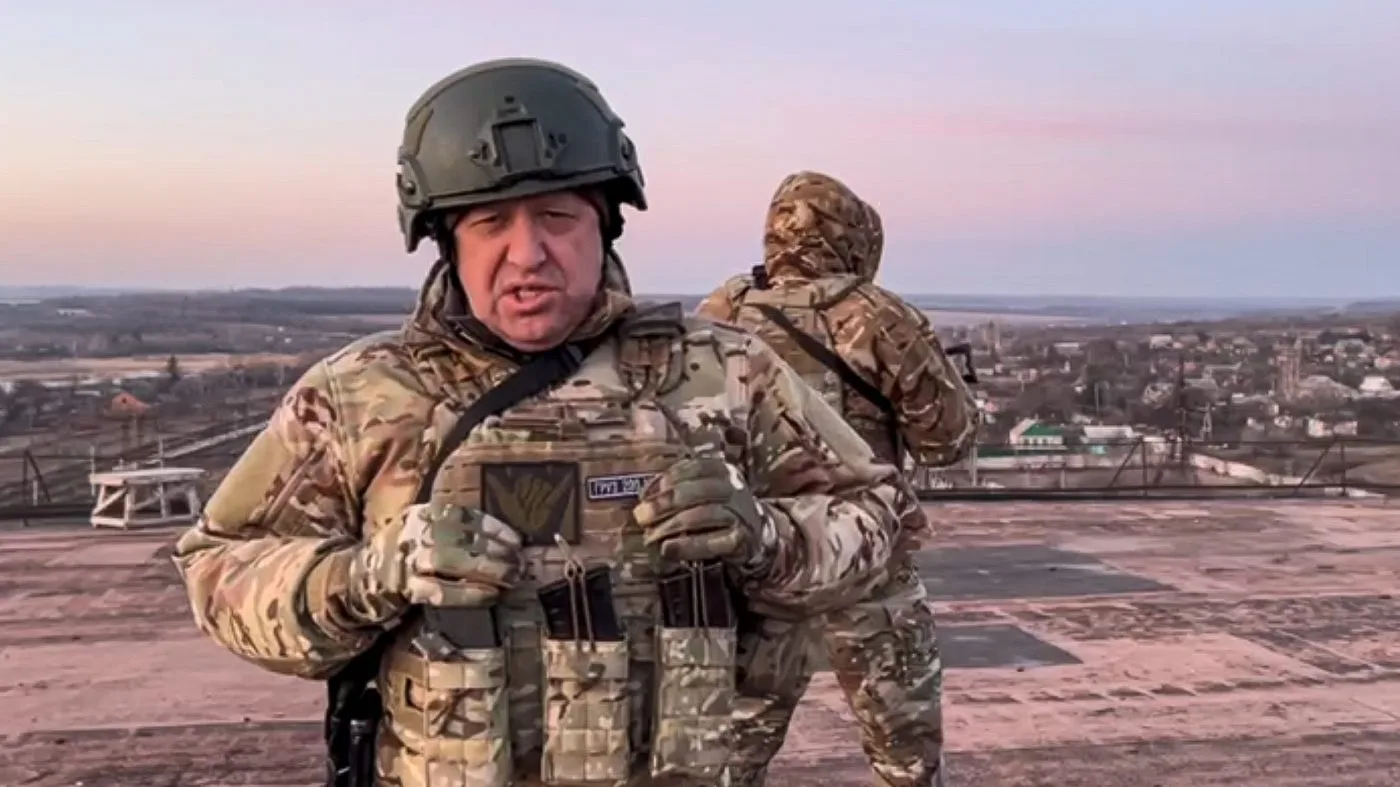Politics
Russian Media’s Smear Campaign Targets Wagner Mercenary Group Leader Yevgeny Prigozhin
Recent developments in Russia have seen an escalation in a smear campaign targeting Yevgeny Prigozhin, the leader of the Wagner mercenary group, which recently led a short-lived uprising against Moscow.

Recent developments in Russia have seen an escalation in a smear campaign targeting Yevgeny Prigozhin, the leader of the Wagner mercenary group, which recently led a short-lived uprising against Moscow. This campaign seems to be aimed at discrediting Prigozhin while simultaneously praising Russian President Vladimir Putin, raising questions about the motives and intentions behind such efforts.
Prigozhin, known for his involvement in various controversial activities and his close ties to the Kremlin, has found himself at the center of media attention. The Russian media’s attempt to tarnish his image is seen by many as a deliberate move to shift focus away from Prigozhin’s actions and cast doubt on his credibility. By doing so, the campaign seeks to protect the reputation of President Putin and maintain a positive narrative surrounding his leadership.
The Wagner mercenary group’s recent uprising against Moscow has brought significant attention to Prigozhin and his activities. The group’s actions, although short-lived, have raised concerns and sparked debates about the influence of private military contractors and their relationship with the Russian government. It is within this context that the smear campaign against Prigozhin has gained traction.
While the motivations behind the campaign are not explicitly stated, it is clear that the intention is to deflect attention away from Prigozhin and shift the focus onto Putin, presenting him as a strong and competent leader. By discrediting Prigozhin, the campaign aims to undermine any potential criticism or scrutiny directed towards the government and its actions.
The tactics employed in this smear campaign include selectively highlighting Prigozhin’s controversial past and affiliations while downplaying his role in the recent uprising. Russian media outlets seem to be working in tandem with the Kremlin, aligning their narratives to ensure a cohesive message that portrays Putin in a positive light and diminishes any negative associations.
The timing of the campaign is noteworthy, as it coincides with growing international attention on the Wagner mercenary group and its activities. By redirecting the narrative towards Prigozhin and his alleged misdeeds, the Russian media and the Kremlin may seek to control the narrative and shape public perception, both domestically and internationally.
As this smear campaign continues to unfold, it raises important questions about the intersection of media, politics, and the manipulation of public opinion. The targeting of Prigozhin serves as a reminder of the complex dynamics within Russia’s power structures and the strategies employed to maintain control and shape the narrative.













